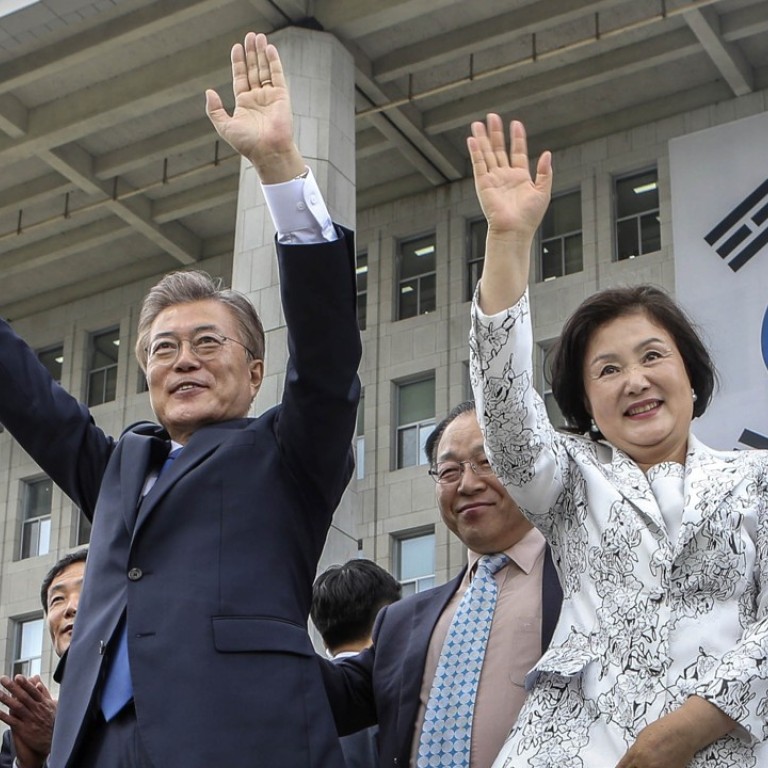
Door opens for long-needed talks with North Korea
Pyongyang will send a delegation to the belt and road summit in Beijing but trade will not be the only item on the agenda; it also provides a chance to negotiate a resolution to the nuclear and missile crisis on the Korean peninsula
The summit will be a chance for China and North Korea to bargain and negotiate. China’s decision follows scathing North Korean state media criticism for cutting off coal imports to comply with United Nations Security Council sanctions.
Moon faces many challenges, the most immediate being to unite a country divided by the impeachment scandal involving his predecessor, Park Geun-hye. Building an inclusive coalition government with common goals will be crucial to attaining results. But with his taking office and the North’s sending a delegation to Beijing finally comes a chance for long-needed talks.

